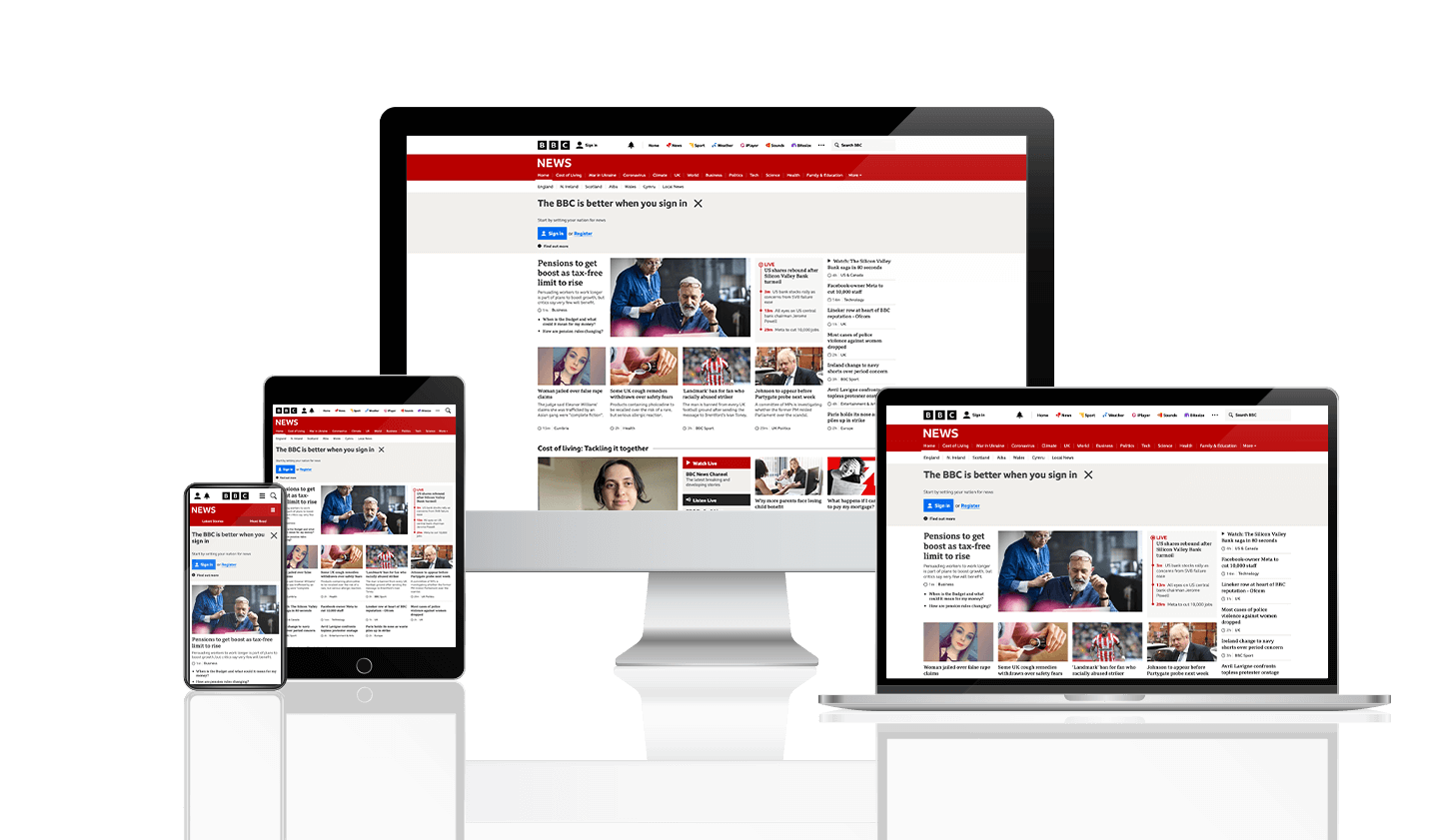More About Popular News
Wiki Article
Little Known Questions About Popular News.
Table of ContentsSome Ideas on Popular News You Should KnowThe Ultimate Guide To Popular NewsThe Only Guide for Popular NewsPopular News - Questions
Age is likewise a consider the way individuals see the duty of social networks. Younger social networks information customers are more probable to state it has impacted their learning for the better. Concerning fifty percent of social networks news consumers ages 18 to 29 (48%) say information on social networks makes them much better informed, compared to 37% of those 30 to 49, 28% of those 50 to 64, and 27% of those 65 and older.
Closeness is very important. Reporters are interested in points that affect their areas. Study on a state's brand-new tax obligation code most likely will not create the very same passion across state borders. Periodically specialists can help center a larger nationwide story that affects greater than simply a city or state. In these instances, it is very important to be on the lookout for opportunities where subject experts can provide insight or where comparable tasks might be occurring locally.
If you are releasing newsworthy research, loop in MarComm before the write-up being published to make sure that the pitch can stress the latest element of the tale: the publication of the study - Popular News. Events and news that include high-profile numbers are more probable to produce media coverage. Visits from nationwide figures often call for months of prep work due to anticipated community interest
Facts About Popular News Revealed
Stories typically involve some sort of problem. By interpretation, these stories are often debatable to some level. Luckily, college staff and professors are generally regarded as objective specialists. We can aid mitigate prospective reputational risk with these stories while additionally boosting the probabilities of producing coverage. While much of the above news values are interwoven, human rate of interest tales typically stand apart.
Human interest elements can include news value to other tales that could seem doing not have in the other values. The novelty or oddity of a scenario can aid affect whether an information electrical outlet is most likely to cover a story. While this is not an exhaustive list, inspecting to see if your information product or occasion has these qualities before contacting us will aid you determine which elements hold the most news value.

There is likewise substantial evidence that more customers can begin to pay for news in the futureif publishers can understand them and offer them well. Fifty percent of those that do not pay for news actively look for information and appear like clients in numerous ways. And almost 2 in 10 of those who don't subscribe to information now suggest they are inclined to begin to pay in the future.
The 30-Second Trick For Popular News
We after that ask a set of inquiries to identify whether people spend for specific types of news resources. We asked people to name the resources they use most oftenwhether they pay for them or nothow they utilize them, the certain things they think about vital about them, and some associated concerns concerning the cost and value of that resource.
Greater than 4 in 10 likewise mention the fact that family and friends sign up for the exact same product. Greater than a 3rd of individuals state they originally subscribed in reaction to a discount or promotion. In print, individuals additionally are moved heavily to register for obtain vouchers that save them cash, something that has untapped ramifications in digital.
Some Of Popular News
Regarding fifty percent are "news seekers," suggesting they actively look for information rather than largely encountering it in an extra passive means, though the news that nonpayers are seeking (in the meantime, at the very least) is usually regarding nationwide politics. Like subscribers, a number of these individuals likewise obtain information several times a day, make use of the news in means similar to clients, and want similar topics, consisting of foreign or worldwide information.We asked everybody that told us they have a normal complimentary source of news how likely they would certainly be to pay for it. Even more than a quarter (26 percent) say they would certainly go to least rather most likely to start spending for itand 10 percent are extremely or extremely likely. These likely payers have a tendency to be information candidates, and they additionally tend to be people who already pay for a hop over to these guys news membership along with the source they comply with for complimentary.
Of those that do pay, 54 percent subscribe to newspapers in print or electronically, which stands for 29 percent of Americans overall. Many of them acquire a print magazine together with their find more newspaper and pay for two to 4 information resources in total, some much more. And while 53 percent are long-time subscribers (5+ years), greater than a quarter (27 percent) have purchased their newspaper subscription within the past year.
Few print subscribers believe it most likely they will certainly switch over to a digital-only subscription in the future, and over half of those who prefer digital have never ever paid for a print version of the exact same resource (Popular News). Completely 75 percent of paper payers claim they primarily checked out the paper in print, while 21 percent are primarily electronic customers, and 4 percent describe themselves as evenly split
Report this wiki page